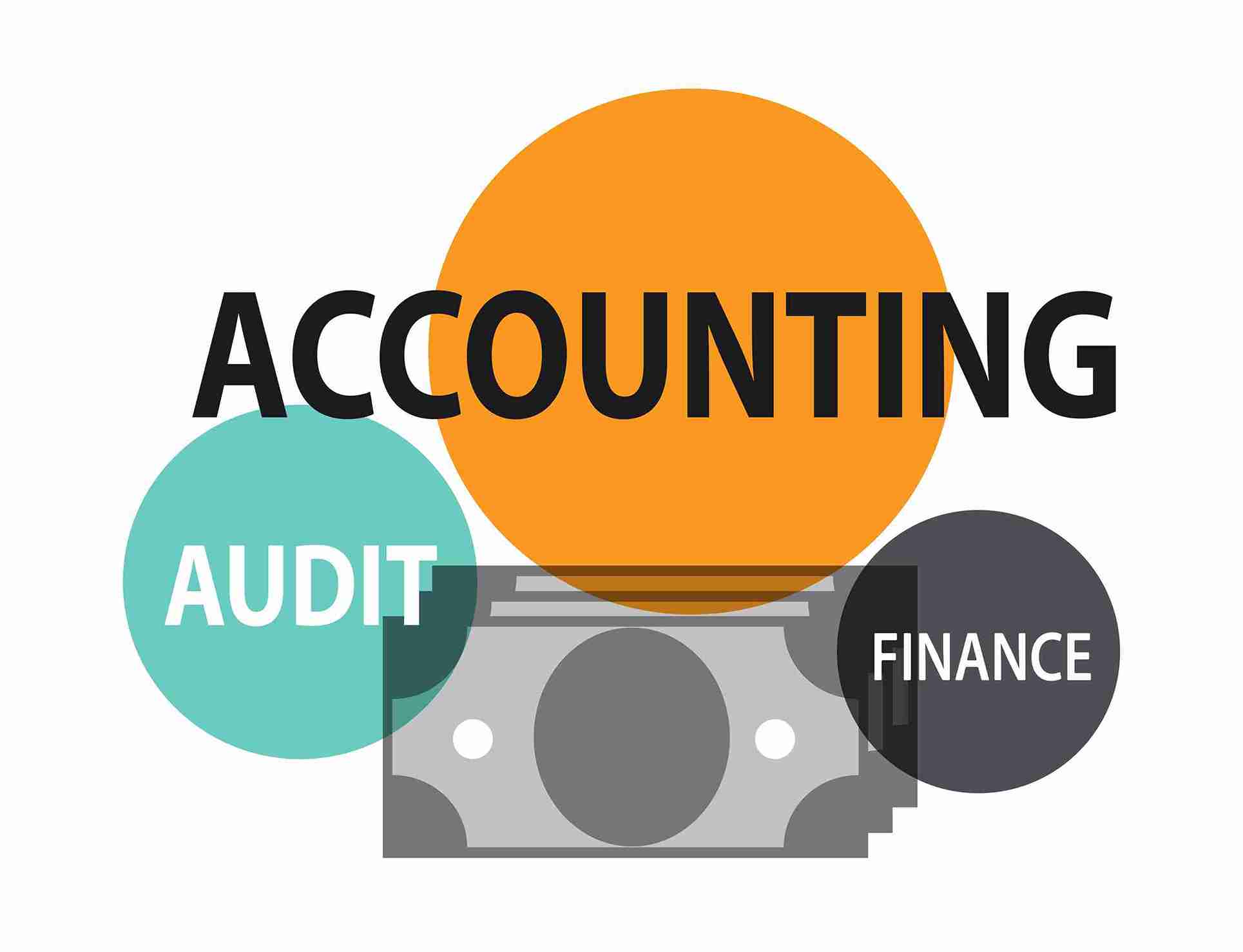Accounting standards are the backbone of reliable financial reporting across organizations. These standards ensure that companies maintain transparency, accuracy and comparability in their financial documents. Whether you’re a student, a working professional or a business owner, understanding accounting standards is essential to navigate through the world of finance. In this blog we will walk you through what are Accounting Standards, importance of accounting standards, where they are used, essential features and how one can master accounting with clarity.
What Are Accounting Standards?
Accounting standards are written policy documents issued by regulatory authorities like the International Accounting Standards Board (IASB) and the Institute of Chartered Accountants of India (ICAI). These standards define how financial transactions and other accounting elements should be recorded and disclosed. They aim to bring consistency, reliability and transparency to financial reporting practices.
Importance Of Accounting Standards
Understanding the importance of accounting standards is crucial for anyone involved in financial decision-making. Here’s why they matter:
- Uniformity In Reporting: Standards help maintain consistency in financial reports, making it easier to compare companies and assess their financial health
- Transparency: Clear guidelines lead to transparent and honest financial disclosures
- Investor’s Confidence: Accurate reports reduce risks and build trust among investors and stakeholders
- Legal Compliance: Adhering to accounting standards ensures companies follow laws and avoid penalties
- Global Comparability: International standards make it possible for MNCs to align their reporting and simplify cross-border business
Key Features Of Accounting Standards
Below are the essential characteristics that define accounting standards:
1. Authoritative Nature: It is issued by governing bodies and must be followed for statutory financial reporting.
2. Consistency: Once a method is adopted, it must be consistently used over time for accuracy.
3. Standardized Format: Ensures that financial statements follow a uniform layout and terminology.
4. Up-To-Date: Standards evolve with changing business needs, regulatory updates and market trends.
5. Comparability: Users can compare financial performance across companies and industries.
These characteristics complement the accounting convention, which supports the assumptions and practices used during financial preparation.
Professional Use Of Accounting Standards
Accounting standards are essential across various professions and industries:
- Corporate Sector: For statutory audits, internal financial reporting and investor presentations.
- Banking And Insurance: To calculate asset value, credit risk and financial disclosures.
- Public Sector: For managing budgets, grants and public fund utilization.
- Consulting And Advisory Firms: For preparing client financial statements, risk assessments and tax filings.
- Educational Institutions: Teaching accounting principles and application-based learning for students.
- NGOs And Non-profit: For tracking donations, grant usage and transparent fund reporting.
The professional scope often integrates with the golden rule of accounting, helping determine how accounts should be credited and debited.
How To Master Accounting And Standards?
Mastering accounting and its standards isn’t limited to textbooks. Here’s a practical approach:
1. Core Concepts: Grasp the basics of accounting-assets, liabilities, capital and income.
2. Understand The Golden Rule Of Accounting:
- Debit what comes in, Credit what goes out
- Debit the receiver, Credit the giver
- Debit all expenses and losses, Credit all incomes and gains
3. Study Accounting Convention: Learn principles like consistency, prudence and accrual which form the foundation of standard-setting
4. Use Modern Software: Practice entries on Tally, Zoho Books or QuickBooks
5. Follow ICAI And IFRS Updates: Stay updated with evolving standards and interpretations
6. Read Real Financial Statements: Analyze the balance sheets and reports of listed companies
7. Take Certifications: Platforms like ICAI, Coursera and Udemy offer structured learning and certification in accounting
8. Join Internships: Apply skills in real-world scenarios for hands-on understanding
Jobs On Job Hai Platform
Tips For Learning Accounting Standards
- Create a glossary of frequently used terms
- Solve previous year accounting problems
- Use charts to remember classifications and entries
- Participate in group discussions and forums for practical case studies
- Watch expert video lectures on financial reporting and disclosures
Conclusion
Accounting standards are not just rules, but also the framework that supports the integrity and clarity of business reporting. From global corporations to small firms, these standards guide how financial information is prepared and understood. With structured learning, awareness of updates and continuous practice, anyone can become proficient in accounting.
FAQs
Q1. What are accounting standards?
A- They are rules issued by accounting bodies to ensure consistency and transparency in financial statements.
Q2. Why are accounting standards important?
A- They build investor trust, ensure legal compliance and make financial data comparable.
Q3. Who uses accounting standards professionally?
A- Corporate firms, auditors, consultants, public sector employees and academic professionals.
Q4. How can I master accounting standards?
A- By learning the basics, following real company reports, using accounting tools and taking certified courses.
Q5. What is the difference between accounting standards and accounting conventions?
A- Accounting standards are legally binding rules, accounting conventions are commonly accepted practices and assumptions.






 Facebook
Facebook Instagram
Instagram Twitter
Twitter